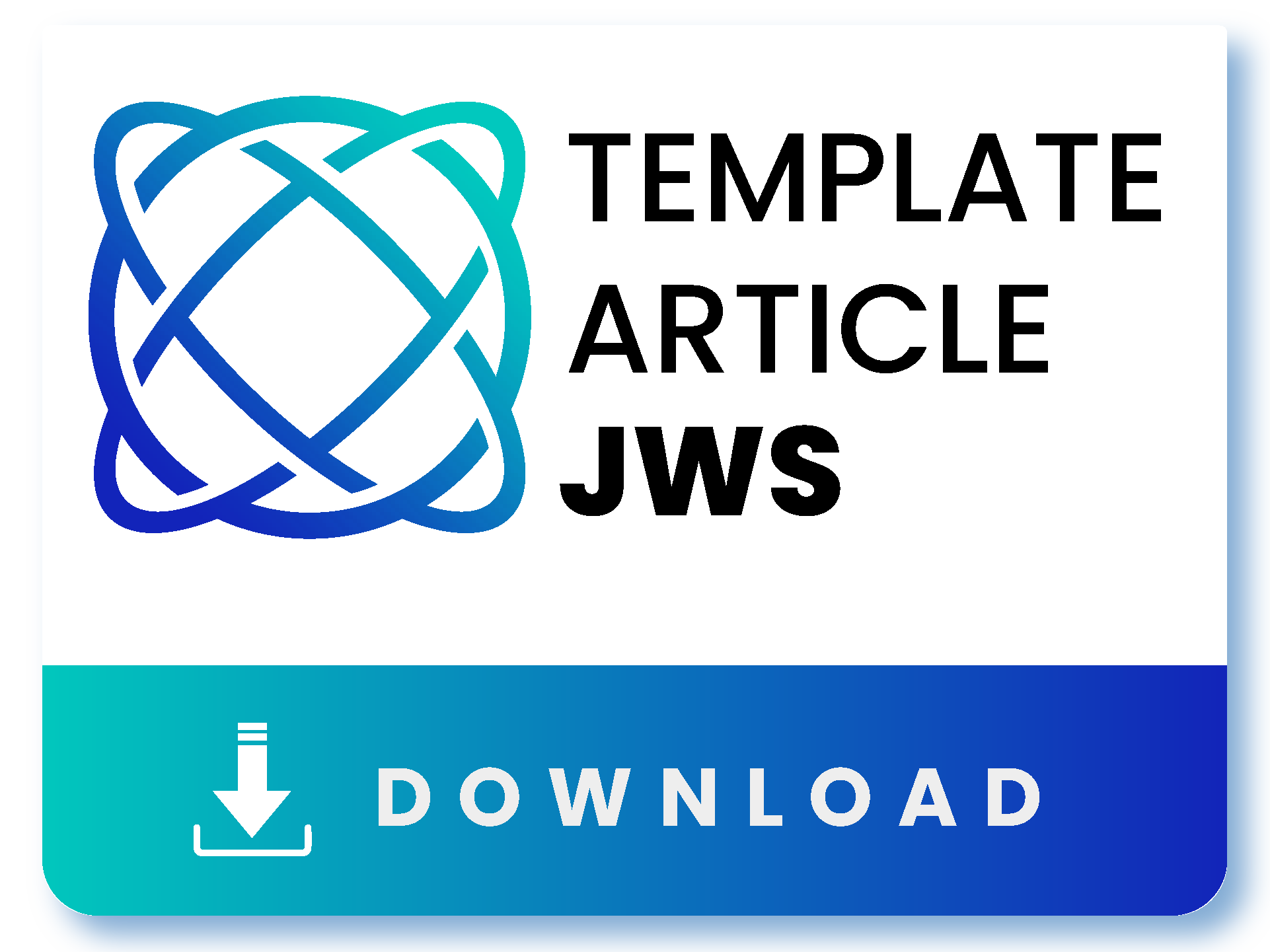Hear The Unheard: A Qualitative Research of Adolescent Life Meanings After Experiencing Parental Abuse
DOI:
https://doi.org/10.58344/jws.v3i8.693Keywords:
Adolescent, Abuse, Parent, Effect, Life MeaningAbstract
Violence experienced by adolescents has an impact on them both in terms of personality and the way they view life. This study aims to find out how the lives of adolescents who experience family violence become meaningful. The research method in the study used a qualitative approach with a phenomenological research type. Participants were selected using a purposive sampling system with data collection methods in the form of in-depth interviews with five participants. The results showed that adolescents who were victims of violence by their parents interpreted life in various ways. They lose trust in others and see life as a struggle for survival. They no longer identify their parents as parental figures. Teenagers see parents as threatening and insecure. Adolescent victims of violence fill their lives with sadness because they do not get affection, and they want freedom from their parents. This study concludes that adolescents who experience violence tend to try hard to survive the hard life they get. The findings of this study underscore the profound impact of family violence on adolescents' perceptions of their lives and interpersonal relationships. Understanding these experiences is critical to developing targeted interventions and support systems aimed at reducing the long-term effects of violence.
References
Bandura, A., & Walters, R. H. (1977). Social learning theory (Vol. 1). Prentice Hall Englewood Cliffs, NJ.
Beckmann, L. (2020). Family relationships as risks and buffers in the link between parent-to-child physical violence and adolescent-to-parent physical violence. Journal of Family Violence, 35(2), 131–141.
Braun, V., & Clarke, V. (2019). Reflecting on reflexive thematic analysis. Qualitative Research in Sport, Exercise and Health, 11(4), 589–597.
Bross, D. C., & Krugman, R. D. (2020). Health and public health approach to ending child abuse and Neglect. Child Abuse & Neglect, 110, 104619.
Diener, E., Oishi, S., & Tay, L. (2018). Advances in subjective well-being research. Nature Human Behaviour, 2(4), 253–260.
Frankl, V. E. (2014). The Will to Meaning: Foundations and applications of logotherapy. Penguin.
Gardner, M. J., Thomas, H. J., & Erskine, H. E. (2019). The association between five forms of child maltreatment and depressive and anxiety disorders: A systematic review and meta-analysis. Child Abuse & Neglect, 96, 104082.
Gewirtz-Meydan, A. (2020). The relationship between child sexual abuse, self-concept, and psychopathology: The moderating role of social support and perceived parental quality. Children and Youth Services Review, 113, 104938.
Greene, C. A., Haisley, L., Wallace, C., & Ford, J. D. (2020). Intergenerational effects of childhood maltreatment: A systematic review of the parenting practices of adult survivors of childhood abuse, Neglect, and violence. Clinical Psychology Review, p. 80, 101891.
Kennedy, J. R. (2016). Social determinants underlying the secure base: How Miller’s relational-cultural theory interacts with Bowlby’s attachment theory. Capella University.
Khodabandeh, F., Khalilzadeh, M., & Hemati, Z. (2018). The impact of adverse childhood experiences on adulthood aggression and self-esteem-a study on male forensic clients. Novelty in Biomedicine, 6(2), 85–91.
KPPPA. (2022). Jumlah Kekerasan Pada Anak Menurut Jenis Kekerasan Yang Dialami. SIGA KEMENPPPA. https://siga.kemenpppa.go.id/dataset?ids=&entity=bmF0aW9uYWw=
Loinaz, I., & Sousa, A. M. de. (2020). La evaluación de factores de riesgo y de protección en casos clínicos y judiciales de violencia filio-parental. The European Journal of Psychology Applied to Legal Context, 12(1), 43–51.
Mehta, D., Kelly, A. B., Laurens, K. R., Haslam, D., Williams, K. E., Walsh, K., Baker, P. R. A., Carter, H. E., Khawaja, N. G., & Zelenko, O. (2021). Child maltreatment and long-term physical and mental health outcomes: an exploration of biopsychosocial determinants and implications for prevention. Child Psychiatry & Human Development, 1–15.
Orth, Z., & van Wyk, B. (2020). Adolescent mental wellness: a systematic review protocol of instruments measuring general mental health and well-being. BMJ Open, 10(8), e037237.
Roca Campos, E., Melgar Alcantud, P., Gairal Casadó, R., & Pulido-Rodríguez, M. Á. (2020). Schools That ‘Open Doors’ to Prevent Child Abuse in Confinement by COVID-19. Sustainability, 2020, Vol. 12, Núm. 11, p. 4685.
Santrock, J. W. (2012). Life-span development (rev Ed). Jakarta: Penerbit Erlangga.
Smetana, J. G., & Rote, W. M. (2019). Adolescent–parent relationships: Progress, processes, and prospects. Annual Review of Developmental Psychology, 1(1), 41–68.
Strathearn, L., Giannotti, M., Mills, R., Kisely, S., Najman, J., & Abajobir, A. (2020). Long-term cognitive, psychological, and health outcomes associated with child abuse and Neglect. Pediatrics, 146(4).
Toth, S. L., & Manly, J. T. (2019). Developmental consequences of child abuse and neglect: Implications for intervention. Child Development Perspectives, 13(1), 59–64.
Widom, C. S. (2022). Long-term consequences of childhood maltreatment. In Handbook of child maltreatment (pp. 371–395). Springer.
Published
How to Cite
Issue
Section
License
Copyright (c) 2024 Journal of World Science

This work is licensed under a Creative Commons Attribution-ShareAlike 4.0 International License.
Authors who publish with this journal agree to the following terms:
- Authors retain copyright and grant the journal right of first publication with the work simultaneously licensed under a Creative Commons Attribution-ShareAlike 4.0 International. that allows others to share the work with an acknowledgement of the work's authorship and initial publication in this journal.
- Authors are able to enter into separate, additional contractual arrangements for the non-exclusive distribution of the journal's published version of the work (e.g., post it to an institutional repository or publish it in a book), with an acknowledgement of its initial publication in this journal.
- Authors are permitted and encouraged to post their work online (e.g., in institutional repositories or on their website) prior to and during the submission process, as it can lead to productive exchanges, as well as earlier and greater citation of published work.














